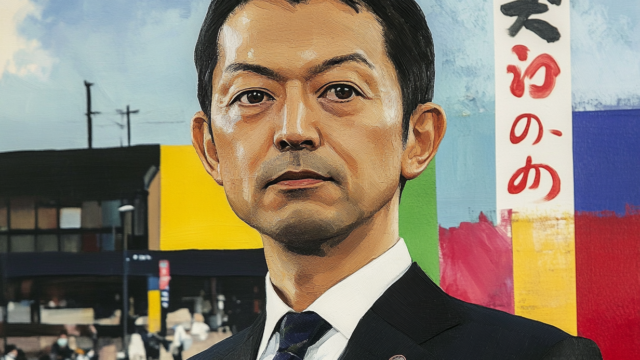
遅刻は時に美徳・・・Fashionably lateの意味は?
英語には「fashionably late(ファッショナブリー・レイト)」という興味深い表現がある。直訳すると「おしゃれに遅刻する」となるが、実際には「社交的な場面で、わざと少し遅れて到着する」という意味だ▼日本人の感覚からすると、約束の時間に遅れるのは失礼な行為だと思われがちだ。しかし、欧米では特にパーティーなどのカジュアルな場では、むしろ少し遅れて到着するのがスマートとされることがある▼この概念の起源は古く、1843年のオハイオ州の新聞にまで遡るという。19世紀後半には、フランスの旅行作家マックス・オレルが、これをアメリカ特有の現象として記述している▼彼の著書によると、当時のアメリカ人は劇場に遅れて入場する習慣があったそうだ。開演から20分ほど経っても、まだ観客が入ってくる騒がしさが続いたという。マナーの悪さを嘆く声もあったが、おしゃれな服装で注目を集めることを重視する人々の姿勢は変わらなかったらしい▼私自身、ハワイの友人宅を訪れた際に、日本的な「礼儀正しさ」で少し早めに到着したところ、逆に叱られてしまった経験がある。「まだ準備ができていないのに」と言われ、文化の違いを痛感した▼もちろん、ビジネスの場面や重要な約束では時間厳守が基本だ。しかし、カジュアルな場面では、相手の準備時間や場の雰囲気を考慮して、適度に「fashionably late」になることも、国際的なマナーとして心得ておくべきかもしれない。時に遅刻も美徳となる。そんな柔軟な時間感覚も、グローバル社会では必要なのかもしれない。

【英語訳】
Is tardiness sometimes a virtue? The meaning of “Fashionably late”
There’s an interesting expression in English: “fashionably late.” While it literally translates to “stylishly late,” it actually means “intentionally arriving a bit late to a social event.”
From a Japanese perspective, being late for an appointment is often considered rude. However, in Western countries, particularly for casual events like parties, arriving a little late is sometimes seen as smart or sophisticated.
The origin of this concept dates back to 1843, appearing in an Ohio newspaper. In the late 19th century, French travel writer Max O’Rell described it as a uniquely American phenomenon.
According to his book, Americans of that time had a habit of entering theaters late. Even 20 minutes after the start of a performance, there was still a commotion of latecomers entering. While some lamented this lack of manners, many people continued to prioritize making an entrance in stylish attire to attract attention.
I personally experienced this cultural difference when visiting a friend in Hawaii. Arriving a bit early out of Japanese-style “politeness,” I was actually scolded. Being told, “We’re not ready yet,” made me acutely aware of the cultural gap.
Of course, punctuality is essential in business settings and for important appointments. However, in casual situations, it might be wise to consider “fashionably late” as part of international etiquette, taking into account the host’s preparation time and the atmosphere of the event.
Sometimes, being late can be a virtue. Such flexible sense of time might be necessary in our global society. Tardiness can occasionally be a virtue – this kind of adaptable time perception may be essential in our globalized world.







